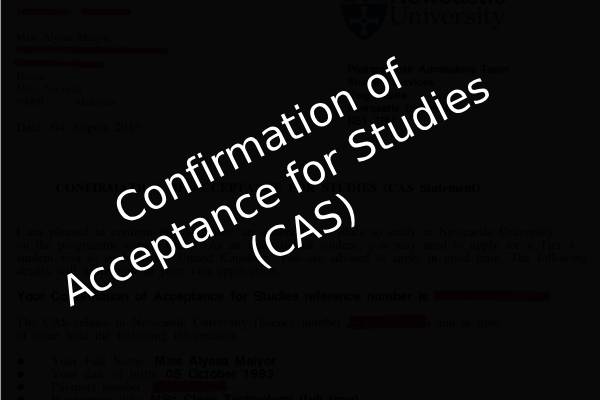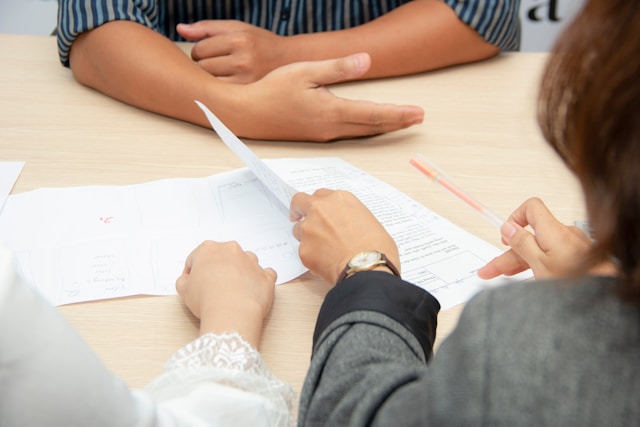When you feel under the weather! This guide gives you the essential info on navigating the UK’s National Health Service (NHS) so you can get the care you need, fast.
National Health Service (NHS) is a Free Healthcare System in the UK.
The NHS is awesome – it provides free medical care at the point of use for UK residents (funded by taxes). As an international student with a valid visa, you’ve already paid an Immigration Health Surcharge (IHS), which grants you access to NHS services.
Need Immediate Help? Dial 999 or 112
This is the number for emergencies – medical, fire, police, or ambulance. Don’t hesitate to call if it’s serious. In a life-threatening situation, call an ambulance immediately.
When to Call an Ambulance:
Call an ambulance for any situation where there’s a serious risk to life or health. Here are some examples:
- Severe injuries (broken bones, head injuries)
- Chest pain or difficulty breathing
- Unconsciousness
- Heavy bleeding that won’t stop
- Severe allergic reactions
- Stroke symptoms (facial drooping, slurred speech, weakness in one arm)
- Suspected heart attack (chest pain, tightness, radiating pain)
- Seizures that won’t stop
- Severe burns
If you’re unsure but think it might be an emergency, call anyway. It’s always better to be safe than sorry.
Accident & Emergency (A&E): For Urgent Situations
Head to the A&E, located in major hospitals, for urgent medical conditions that aren’t life-threatening but require immediate attention. Examples include:
- Sprains or minor fractures
- Deep cuts requiring stitches
- Sudden severe pain
- Vomiting or diarrhea that won’t stop
Heads up: A&E prioritises patients based on urgency, so waiting times can vary.
For Everything Else, There’s Your GP
Your General Practitioner (GP) is your go-to person for everyday medical needs, check-ups and referrals to specialists. Here’s how to find yours:
- Locate a GP: Use the NHS website to find a practice near you.
- Register: Contact the practice and register with them, providing proof of address and your student visa details.
- Get Your NHS Number: Upon registration, you’ll receive a unique NHS number for identification.
Need Medical Advice (But Not an Ambulance)?
Call NHS 111 or visit their website for guidance on non-life-threatening conditions. They can direct you to the best course of action, including after-hours services.
Understanding Your Health Coverage:
The IHS covers essential NHS services like GP visits, hospital stays, mental health services and prescriptions (with a small fee per item). However, some services like dental or vision care require additional insurance or payment as per the service.
Planned Hospital Visits:
If your GP refers you to a hospital consultant or specialist for specific care, you’ll receive appointment details in advance.
Hospital Stays:
If you’re hospitalised, a team of healthcare professionals will manage your care and treatment. Upon discharge, you’ll receive instructions for aftercare and follow-up appointments.
Mental Health Matters:
The NHS offers mental health services like counselling, therapy and crisis intervention. Many universities also provide support services and wellness programs.
Knowing how to access healthcare in the UK is key to your well-being. Register with a GP, understand when to call an ambulance and A&E and explore NHS resources. With this knowledge, you can navigate the system with confidence and get the care you deserve.







